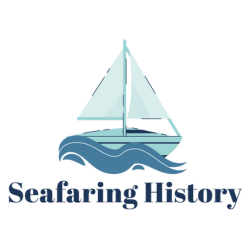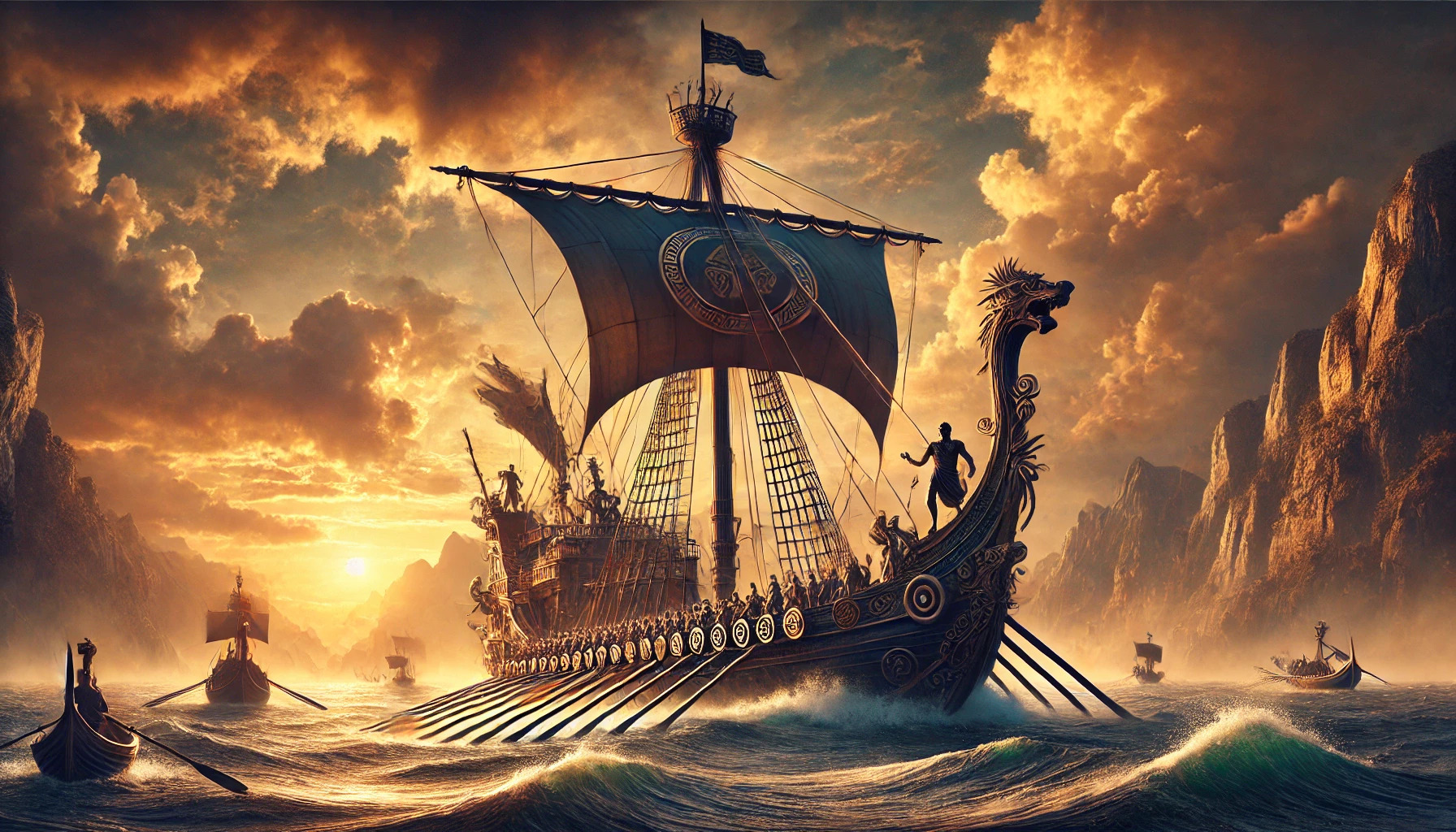Ancient Greece was not just a place of stunning landscapes and impressive temples; it was also a hub of rich seafaring legends. These tales reflect the deep connection of the Greeks with the sea and their belief in powerful marine deities. Exploring these legends reveals how ancient sailors relied on myths to navigate the unpredictable waters of the Mediterranean.
Stories of gods like Poseidon, who ruled the seas, and mythical creatures such as mermaids added a sense of magic to their voyages. Sailors often turned to these legends for inspiration and protection as they faced the challenges of seafaring. The adventures of explorers, from Euthymenes to Pytheas, showcase not only their bravery but also the influence of mythology in their journeys.
As readers dive into the seafaring legends of Ancient Greece, they will find a tapestry woven with adventure, belief, and the spirit of exploration that has captivated people for centuries. These tales not only entertain but also offer insight into how the ancient Greeks interacted with the natural world and its mysteries.
Navigators of the Wine-Dark Sea
The ancient Greek world was filled with brave sailors who embarked on exciting adventures across the Mediterranean. Many of these tales involve legendary figures who faced challenges and discovered new lands.
The Argonauts and the Quest for the Golden Fleece
The Argonauts were a group of heroes led by Jason. Their famous journey was to retrieve the Golden Fleece, a symbol of authority and kingship. They sailed on a ship called the Argo, which was built with the guidance of Athena.
During their quest, the Argonauts encountered many challenges. They fought fierce enemies, like the harpies and the giant, Talos. They also met powerful allies, such as Medea, who played a crucial role in helping Jason succeed. Their journey is filled with bravery and cleverness, making it one of the most thrilling adventures in Greek mythology.
Odysseus’ Odyssey: A Voyage of Myth and Monster
Odysseus is another iconic navigator in Greek legend, known for his long journey home after the Trojan War. His story, told in Homer’s “The Odyssey,” is filled with trials and fantastical creatures.
During his voyage, Odysseus faced many dangers. He fought the Cyclops Polyphemus, enchanted by the Sirens’ song, and endured the wrath of Poseidon. He was clever, using wit and strategy to escape peril and return to his kingdom of Ithaca. His journey not only highlights the physical challenges of seafaring but also the trials of loyalty and perseverance.
Gods and Heroes of the Aegean
The Aegean Sea is rich with stories of powerful gods and brave heroes. These tales reveal the deep connection between the Greek people and the sea, highlighting their reverence for divine forces and legendary figures.
Poseidon’s Realm and Divine Patrons
Poseidon was the god of the sea, earthquakes, and horses. He was one of the Twelve Olympians and held great power over the waters of the Aegean. Sailors prayed to him for safe passage.
He was often depicted carrying a trident, a three-pronged spear. This weapon symbolized his control over storms and the ocean’s depths. Poseidon had a temper, and angering him could lead to shipwrecks or rough waters.
Besides Poseidon, several lesser gods also watched over sailors. Nereus, known as the “Old Man of the Sea,” guided sailors safely through treacherous seas. The Nereids, his fifty fairy daughters, were believed to help sailors in distress, providing guidance and support.
Hercules at Sea: From Labor to Legend
Hercules is famous for his incredible strength and completing the Twelve Labors. Some of these tasks took him across the seas, involving challenges that tested his resolve and bravery.
One of his most notable adventures was capturing the Golden Hind. This creature was sacred to Artemis and lived in a distant land. Hercules chased it across various waters, showing determination and skill.
Another tale includes his journey to retrieve the Apples of the Hesperides. These magical apples were guarded by a dragon. Hercules had to enlist the assistance of other heroes after facing many challenges at sea. His adventures reflect the virtues of courage and perseverance, making him a true hero of the Aegean.
Mythical Islands and Labyrinthine Shores
Ancient Greece is filled with stories of mysterious islands and complex shorelines. These tales often blend adventure and danger, drawing on real locations and vivid imagination.
The Enigma of Atlantis: Fact or Fiction?
Atlantis is one of the most famous mythical islands. According to legend, it was a powerful and advanced civilization. Writers like Plato described Atlantis as a large island beyond the Pillars of Hercules.
Many believe it faced the wrath of the gods and sank into the ocean. Scholars debate whether this tale was a way to convey moral lessons or if it was based on real events. Some think it could be linked to events like the eruption of Santorini. This powerful eruption created devastation and might have influenced the legend of Atlantis.
Crete and the Minotaur: A Tangled Tale
Crete is another island steeped in myth, particularly the story of the Minotaur. This creature, part man and part bull, lived in a labyrinth built by King Minos.
According to the myth, the labyrinth was designed to keep the Minotaur hidden. Every few years, Athens had to send young people as tribute to feed the beast.
The hero Theseus volunteered to go and save his people. With the help of Ariadne, the daughter of King Minos, he used a ball of thread to navigate the maze and eventually slay the Minotaur. This tale of bravery highlights themes of heroism and cleverness, making Crete a focal point of Greek mythology.

